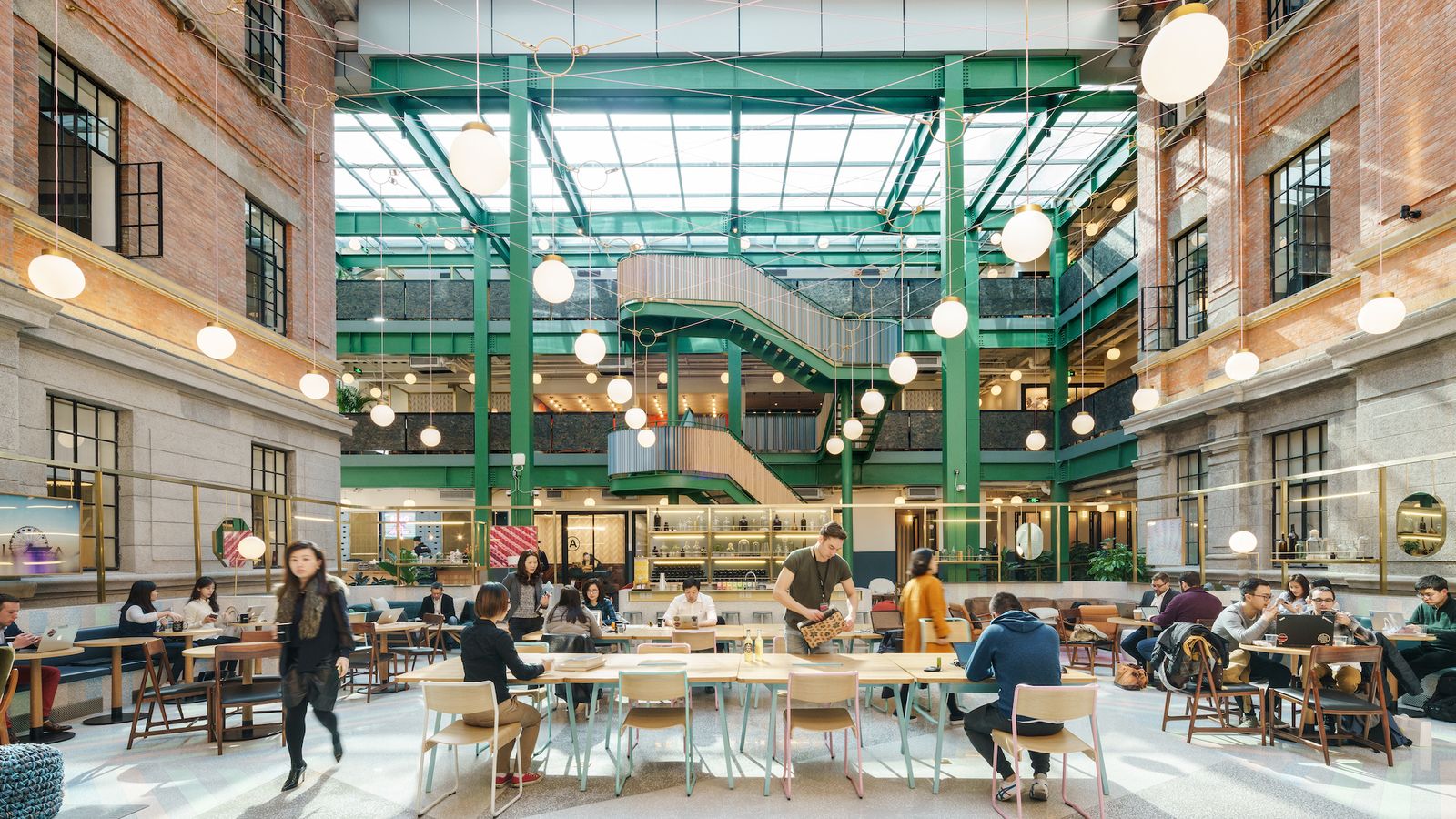Essay: Four Trends in the Future of Work

The future of work is human. Balder Tol, General Manager at WeWork Australia and New Zealand, illuminates four trends that will shape a future world of work where the only constant is change.
Exponential growth in technology, rapid urbanisation and increased search for flexibility are some of the biggest drivers shaping the nature of work as we know it. As the world of work continues to evolve and the future of work has never been more uncertain, the only constant variable will be change.
To keep pace, workers of the future will need to be comfortable with rapid change, have a constant learning mindset and be hungry for personal growth, be effective communicators and able to work in quickly formed project teams. In return, organisations will be responsible for nurturing their most precious assets, providing them with the tools and platforms that will enrich the skillset and knowledge of their valuable workforce. The future of work is human.
Four trends are set to characterise the future of work in 2030.
Urbanisation
Rapid urbanisation is one of the major forces shaping our cities today. Our cities are undergoing the largest wave of urban growth in history, as people seek economic opportunities and cultural and social connections that only urban living can provide. Currently, 51% of the world's population lives in a city. This development will continue and the demand for workplaces and living space in cities will continue to grow. By 2030, it’s estimated that the world will see over 39 megacities, that together will house 9% of the global population and contribute 15% of the world’s GDP and these same cities will take up about 3% of global land mass (Euromonitor).
Technology
From making your coffee, to delivering the morning's surf report, technology will continue to change the way we live, work and play. Recent data predicts that by 2030, up to 46 per cent of jobs will be lost to automation. While this sounds like a scary statistic, technology is creating even more jobs than will be lost. In The path to prosperity: the future of work is human, Deloitte highlights the importance of both post-secondary education and workplace learning to deliver this skilled workforce. It suggests that more than 80 per cent of jobs created between now and 2030 will be for knowledge workers. Two-thirds of these jobs will rely on skills like creativity, communication and critical thinking - skills that distinguish humans from machines and are difficult to automate. Organisations will have to find the right balance of humans and machines to complement each other, re-designing roles to maximise talent and potential.
Flexibility
As the nature of how we work, where we work and the tasks we will perform continues to shift, organisations will face increased competition to attract and retain the best talent. Today, 85% of employees aren’t engaged at work (Source: Gallup), and corporate cultures are evolving to connect employees to missions and values. As one in four workplaces are failing to support employees’ sense of productivity (Source: Leesman Index), companies are focused on improving this and driving innovation to capture market value. As companies of all sizes and across all industries are managing increased regulation and operating expenses, desire for spaces that are flexible and agile will mean that organisations can scale up and down as their business demands change.
Connection
Human beings are social creatures at heart. People understand that a ‘like’ on social media doesn’t count as much as a handshake does when making a genuine personal connection. Due in part to technology and globalisation, the world has never felt smaller and yet more people than ever say they feel lonely, despite living in today’s hyper-connected. More than just a paycheck, people are yearning for purpose and seeking to find work that is meaningful. Being connected to real people, in real life, is a happier life. We spend as much time at work as we do at home, so work culture and the physical environment needs to inspire and create a feeling of comfort to bring out the best in people. Bringing the human element back to the office has never been more important.
Projecting a decade ahead, businesses of all scales will need to create work environments that are inclusive, flexible, collaborative and, above all, human. curating opportunities that are designed to bring people together in real life every day.
Balder Tol
Balder is of Dutch origin and obtained his Masters in Management degree at the University of Sydney prior to landing a job at Airbnb Australia in 2012. As Airbnb Australia’s first employee he was able to establish a strong Airbnb presence in key cities in Oceania, making the Australian market contribute significantly to the company’s global revenue. Balder continued to follow his passion of building communities as the General Manager of Tank Stream Labs, a technology focused co-working space located in the heart of Sydney’s CBD, before joining WeWork in 2016.
Explore more on My Job in 2030 on Object Platform
Image: Courtesy of WeWork
